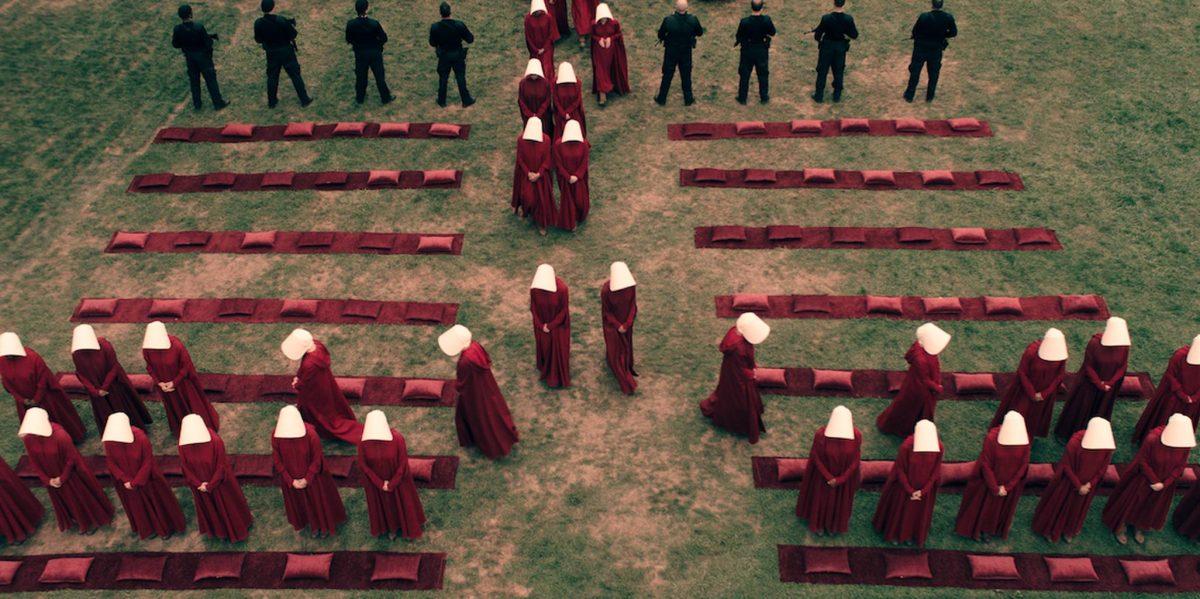Americans are deciding to revisit classics of dystopian fiction in large numbers, such as 1984 by George Orwell, It Can’t Happen Here by Sinclair Lewis and Fahrenheit 451 by Ray Bradbury. These books, along with The Origins of Totalitarianism, have risen to the top of Amazon’s bestseller list since Jan. 20, when recently inaugurated President Donald Trump took office. In some cases, the books have even sold out, forcing publishers to order more. Craig Burke, Publicity Director of Penguin Random House publisher, said that in the past week, they printed half the total number of copies of 1984 as were sold in the last year.
Articles commenting on this trend have speculated on the reason for the sudden popularity of these books. Readers seem to be finding parallels between the current situation in the United States and dystopias. This turn towards classic dystopian literature to deal with the present political landscape has been called hysteria by some conservative publications. Yet the decision to purchase these books is not an overreaction. Rather, it is a sign of awareness of current events and commitment to recognizing signs of totalitarianism and fascism.
Today’s readers are gravitating towards novels that deal with totalitarian regimes. For instance, sales of Margaret Atwood’s “The Handmaid’s Tale” are rising with clear connections to present-day American politics. The book is set in a totalitarian theocracy, where women are valued for their ability to bear children, a matter in which they have no choice. Imposed regulations on women’s reproductive choices are certainly reminiscent of the debate surrounding abortion in the United States today. For example, Arkansas governor Asa Hutchinson signed into law a bill on Jan. 26 that would allow a spouse or father of a fetus to sue an abortion provider, with no exceptions for rape or incest. If women fear a loss of their bodily autonomy, and read about it in the news, it is not surprising that they turn to literature to find some comfort.
Readers also seem to be drawn towards books that relate to false information. Kellyanne Conway’s infamous use of “alternative facts” is evocative of “doublethink” in “1984,” a concept which allows people to accept two totally opposing facts at the same time. A Washington Post reporter Karen Tumulty called alternative facts a “George Orwell phrase,” saying that it reminded her of famous quotes from the novel such as “war is peace, freedom is slavery, ignorance is strength.” These clearly contradictory phrases are not far way from the blatant manufacturing of untrue statements, including the size of the inauguration crowd and the existence of a Bowling Green Massacre.
It is not hysteria for readers to seek out books in which they can see certain common factors of the present moment. It may seem odd to draw comfort from reading about totalitarian regimes in fiction that remind us of our real life political situation. However, these novels’ readers often see what leads to the power of these leaders and governments. Then, too, we can see the fictional resistance, which in these books are often successful or have promise to be. These resistance movements, although not real, give hope and strength to those would would resist a real totalitarian leading government.







